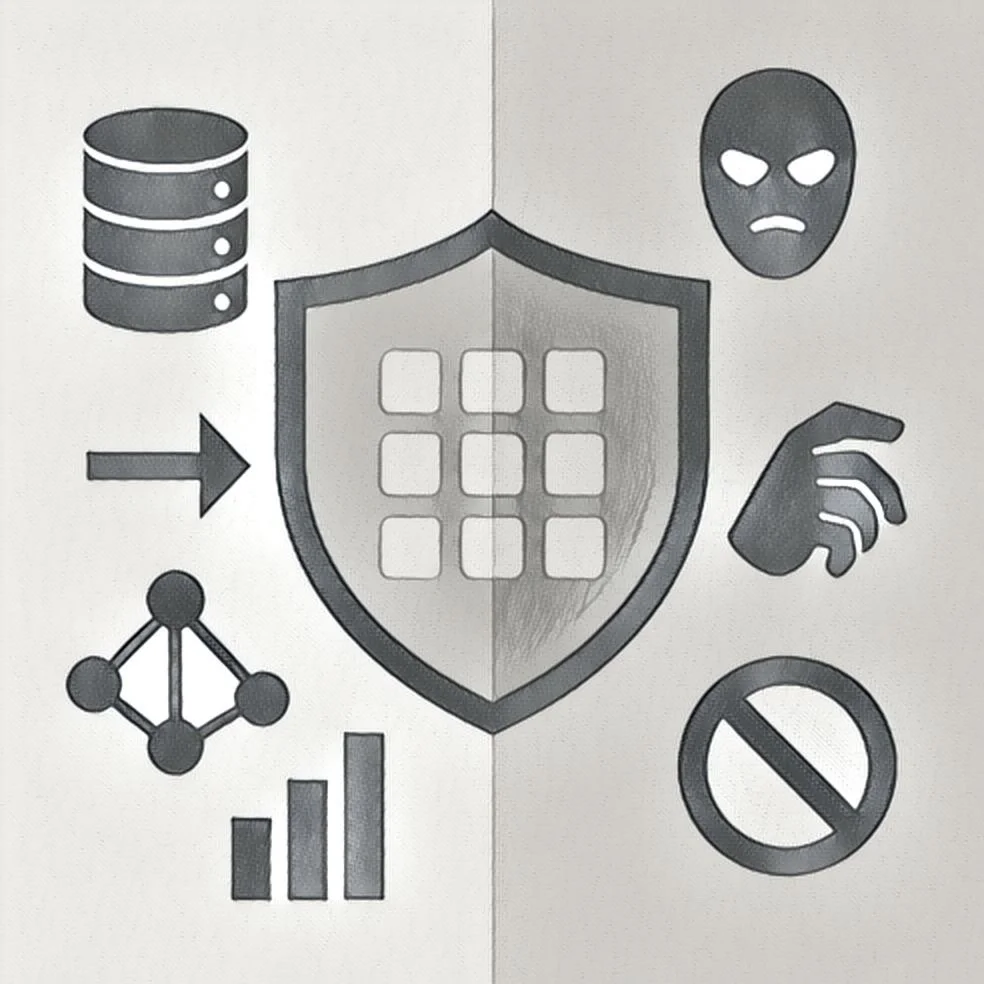Tips For Working From Home 1: Staying Sane
Working at home
I’ve been working from my home office now for more than a decade as an independent contractor. While some of the projects I work on do require me to visit clients on-site, much of my work involves writing, communicating, and/or interviewing and I can do that from my home office.
If like an increasing number of people you find yourself working at home while minimizing your contact with other people join the crowd. There’s a lot of this going around these days as COVID-19 spreads.
The following are some tips based on what I have learned about staying sane — and productive.
Consider yourself lucky
First, consider yourself lucky if you can work from home. Many out there won’t have that opportunity. Many are suffering, especially worksite-dependent hourly workers. Keep that in mind as you adjust. It could be worse.
Stay in touch
Second, stay in touch with co-workers, family, and friends. Use whatever means necessary to keep channels of communication open.
If you have been working in an office think about the signals you’re giving up by working at home even to the people you don’t work directly with. These are the people, for example, who see you walk to and from your office, on the elevator, or in the break room. Even if they don’t regularly interact directly with you they see you as part of their “community.” Don’t be pushy, but do try to let people know you are alive. Dipping in and out of the social media channels used by colleagues that are not directly task-or work-focused and saying something now and then is one way to do this. Sharing your own experiences is one way to develop and strengthen bonds.
Be accessible
For those people you do need to stay in touch with for job-related tasks, be accessible. If you use a web- or intranet-based tool to collaborate and it gives you the opportunity to signal you are “in” or “available,” take that tool seriously. Make sure people know how to contact you be it by phone, email, text message, or video (be presentable!)
There’s no question that this type of working is more cumbersome. You no longer can jump up out of your chair and shout over to a colleague to pick up the phone or look at something. But you will have to get used to it. Again, share your experiences.
Get familiar with collaboration tools
Which brings us to the third tip: get familiar with collaboration tools. If you have to share files and get feedback, make sure an owner of all changes is defined right from the start. Otherwise when a time crunch comes things will spin out of control as changes and edits get lost.
If you are going to use screen sharing and/or video conferencing, please please please test out these systems in advance and make sure everyone knows how to participate. Make it known that spending the first ten minutes of every meeting dealing with log-in difficulties, feedback, or muting issues is not acceptable.
Also, if you are the one dialing in, don’t wait till the meeting start time to do so — get in 5 or ten minutes in advance to make sure everything works from your end. You — and others — will be glad you did.
Manage social media
In recent years I have cut back on my use of social media. For example, I deleted both my Facebook and my Twitter accounts and even reduced my time with Linkedin. The reason was simple: too much extraneous information and too much advertising and self promotion.
Plus, did I really want to get up-to-the-second information about the latest political and news events? I already have decent communication with friends, family, and co-workers via more traditional media. Did I really need to spend a chunk of time paying attention to issues and topics that don’t need immediate attention?
Whether you cut back or change your social media use will depend a lot on how you currently use them. My own perspective is that in the current environment of political and medical unrest the more we rely on more trustworthy source of information, the better. This is one of the reasons I tend to pay more attention to more traditional sources of news like newspapers whose information content tends to be more curated journalistically.
Change is here to stay
No one can say how long this current crisis will continue. Will it be longterm or will things subside and return to normal? I’m tending to think that things will eventually return to normal, but maybe that’s just my natural optimistic “glass half full” self talking. Regardless, the need to work effectively from home will be with a lot of us for the foreseeable future and we need to make the best of it.
Copyright (c) 2020 by Dennis D. McDonald.
Do you have any tips you would like to share about learning to work at home? Let me know via email (ddmcd@ddmcd.com) or by commenting below and I’ll pass them along in Part 2 of this series!
































